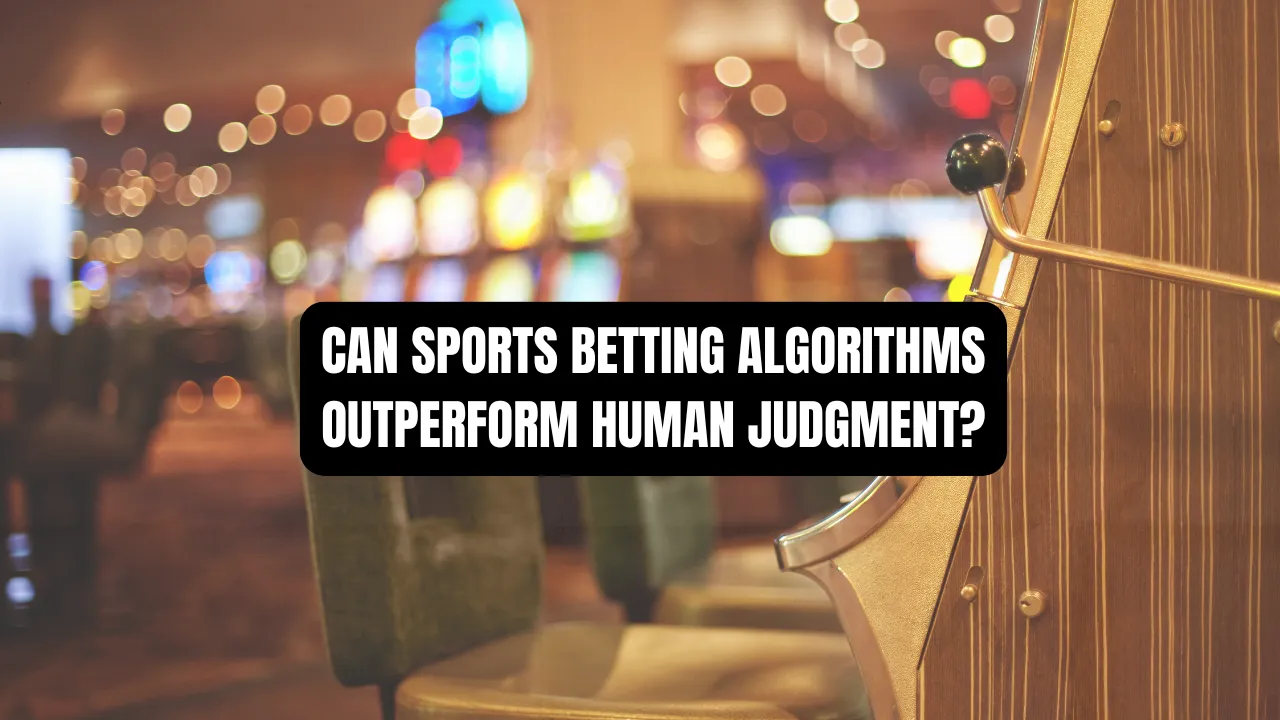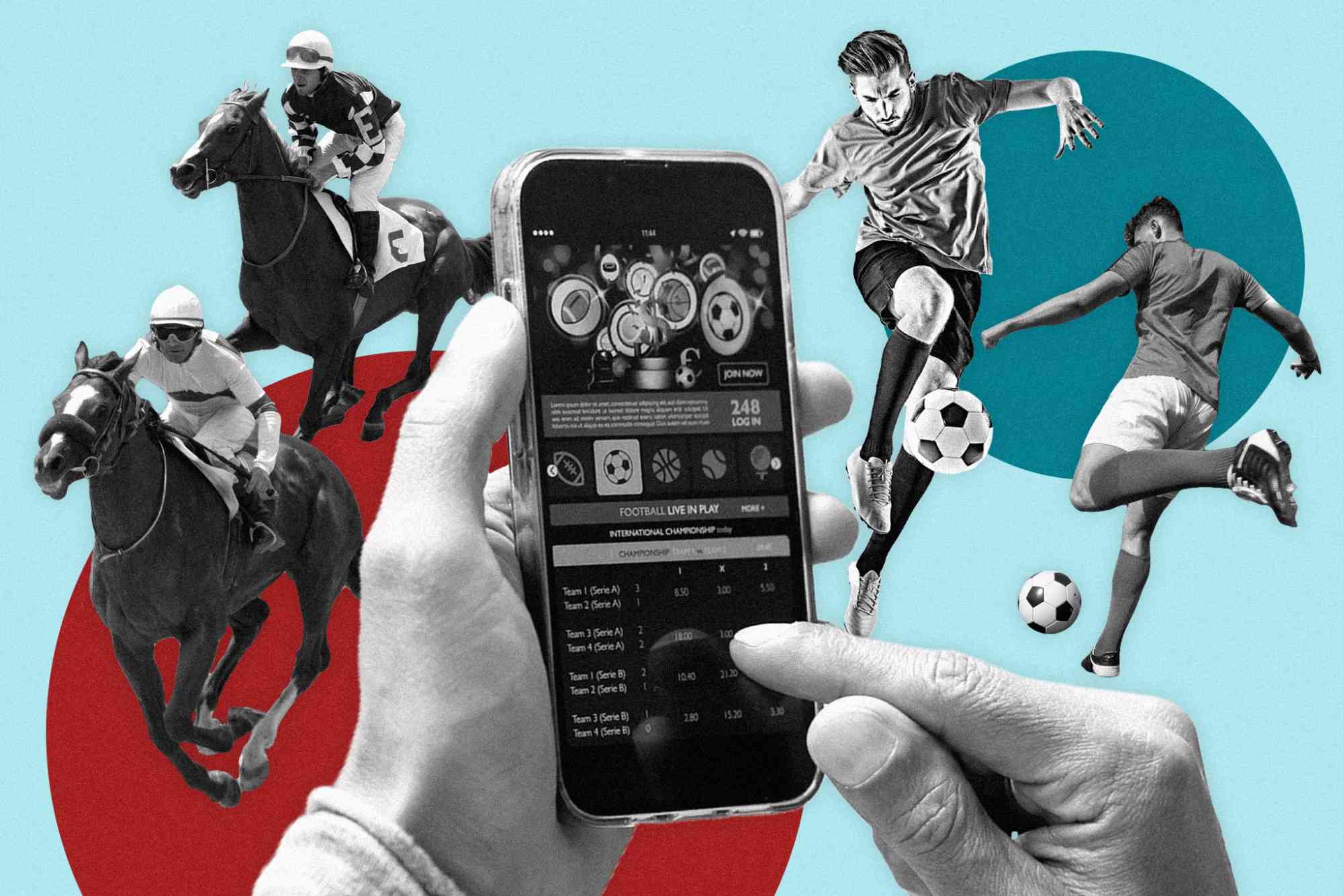The world of sports betting has always balanced between skill and chance, with enthusiasts relying on intuition, experience, and knowledge of teams or players. But in recent years, a new contender has entered the scene—sports betting algorithms. These computer-driven models promise to process vast amounts of data, identify subtle patterns, and deliver predictions free from human bias. The question is, can they truly outperform human judgment, or do gut instincts still hold their ground?
How Algorithms Work in Sports Betting
Sports betting algorithms are essentially advanced predictive models that rely on historical and real-time data. They analyze variables like team performance, player statistics, injuries, weather conditions, betting odds movements, and even psychological aspects like home-field advantage. By running these factors through machine learning or statistical models, the algorithm generates probabilities for possible outcomes.
Unlike humans, algorithms don’t get tired, emotional, or distracted. They evaluate the same criteria consistently, whether it’s the first game of the season or the championship final. The promise of consistency and scalability is why sportsbooks, data analysts, and even professional bettors are increasingly turning to algorithmic models.
The Strengths of Algorithmic Betting
Algorithms excel in handling large datasets that no human could realistically process in a reasonable timeframe. Imagine having to evaluate decades of player stats, team formations, travel schedules, and in-game strategies all at once. For an algorithm, that’s routine.
Another strength lies in eliminating emotional bias. Many bettors overestimate their favorite team’s chances or follow public hype. Algorithms cut through these illusions by relying strictly on data-driven probabilities. For professionals managing betting portfolios, this data-backed discipline can translate into more consistent returns over time.
Where Human Judgment Still Has the Edge
Despite their strengths, algorithms are not flawless. They are only as good as the data they are fed. If data is incomplete, biased, or fails to capture context, the algorithm’s predictions can be misleading. For example, a sudden managerial change, locker-room disputes, or unexpected weather conditions may not be fully captured in the model.
This is where human judgment comes into play. Experienced bettors can recognize “intangibles” that don’t always show up in the data. A striker’s visible lack of confidence, a tennis player’s nagging injury, or even a team’s morale after an off-field scandal are subtle elements that humans can spot quicker than a machine.
The Blended Approach: Best of Both Worlds
Rather than viewing algorithms and human judgment as opponents, many successful bettors use them in combination. Algorithms provide the raw, unbiased analysis, while human judgment adds nuance and context. For example, an algorithm might predict a high probability of a basketball team winning based on past performance, but a human bettor could override or adjust the bet after considering a key player’s suspension.
This blended strategy allows bettors to benefit from data-driven precision while still adapting to the unpredictable human elements of sports.
Algorithms, Human Nature, and Risk Management
Betting is not just about predictions—it’s also about managing risk. Algorithms are particularly good at optimizing betting strategies, such as bankroll management and hedging bets across multiple outcomes. They can simulate thousands of scenarios to calculate optimal wagering amounts, something most humans would struggle to do efficiently.
Yet, risk tolerance is deeply personal. A bettor’s appetite for risk, emotional resilience, and long-term goals influence decisions beyond pure numbers. Algorithms can recommend, but humans ultimately decide how much risk they are willing to accept. This balance of machine efficiency and human values makes sports betting more complex than a simple “man vs. machine” contest.
The Rise of Digital Platforms and New Betting Models
The evolution of betting isn’t just about algorithms. Digital innovation is reshaping the industry, especially in regions where technology adoption is rapid. Mobile apps, AI-driven analytics, and blockchain-powered platforms are changing how people place bets and manage their winnings.
An interesting case is the growth of platforms like crypto casinos uk, which blend traditional betting excitement with the advantages of digital currencies. These platforms offer enhanced privacy, faster transactions, and access to algorithmic tools for betting enthusiasts. For many, this fusion of tech-driven insights and digital finance represents the future of the gambling industry.
Can Algorithms Truly Beat Humans in the Long Run?
The debate about whether algorithms can outperform humans in sports betting doesn’t have a simple answer. In terms of processing raw data and maintaining consistency, algorithms have a clear edge. They can spot patterns invisible to the naked eye and act without hesitation.
However, sports are unpredictable precisely because they involve human players, emotions, and circumstances that data models cannot fully capture. Upsets, shocks, and “against all odds” victories will always be part of the game. In those moments, human intuition and experience may detect something that no algorithm could foresee.
The most realistic answer is that algorithms outperform human judgment in the aggregate—over hundreds or thousands of bets. But in single, high-stakes situations, human judgment still has the capacity to shine, especially when combined with algorithmic insights.
Final Thoughts: Data Meets Instinct
Sports betting has always been about striking a balance between information and instinct. With the rise of sports betting algorithms, bettors now have access to tools that can dramatically increase their chances of long-term success. But dismissing human judgment entirely would be a mistake. The unpredictability of sports ensures that no model, no matter how sophisticated, can be right all the time.
The smartest bettors recognize that the future isn’t about choosing algorithms over humans, but about integrating both. Data provides the foundation, while human judgment refines it. Together, they form a powerful approach that may well define the next era of sports betting.









